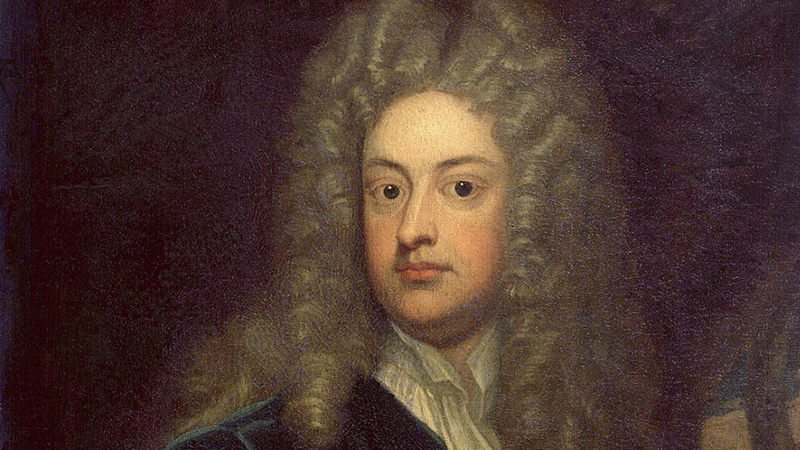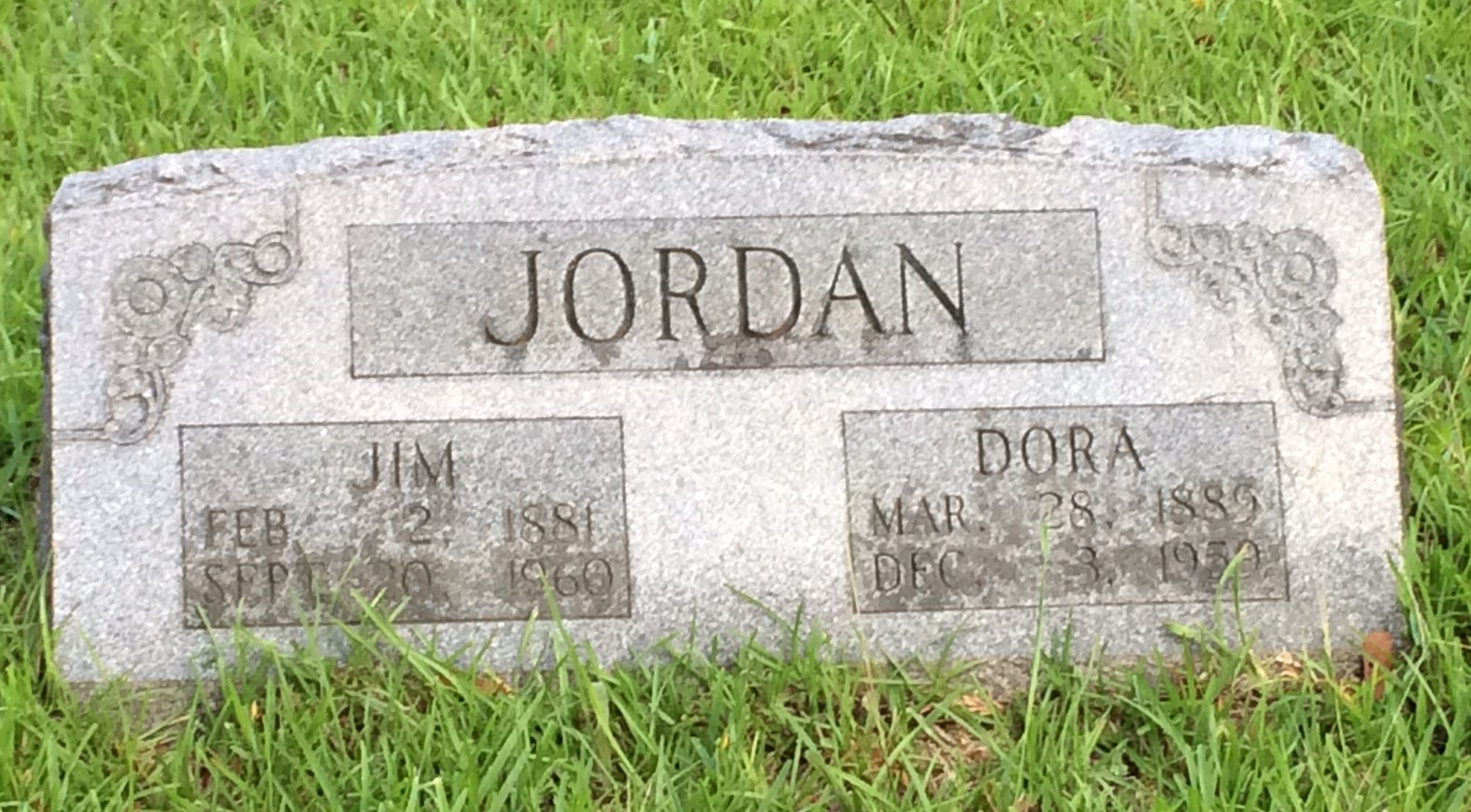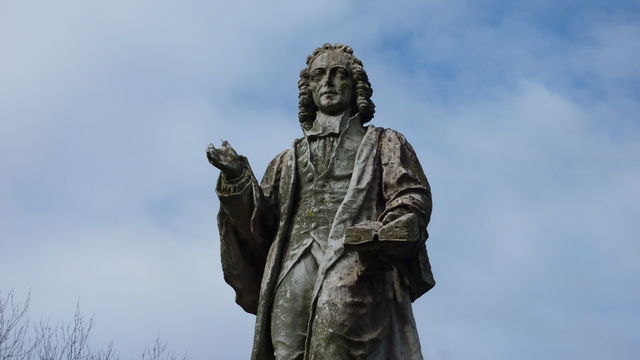Years ago when we would drive back to Orange on vacation we knew my Mom would worry the entire time that we were on the road (it was a bit over 6 hours), so we would tell her we planned to leave Monday morning to start home. Then, we would bed the kids down in the back of the Chevette (you could do stuff like that back then), and leave Sunday night after church, and drive through the night. Then when we got to Orange early the next morning, we would call and say, “We’re already here in town. We’ll see you in a few hours,” and we would have cheated her out of some worry.
The last few days I have discovered that I am more like my Mom than I care to admit. My youngest son, being a child of the internet generation, had been looking for a car to replace his Ford (Found. On. Road. Dead.) which croaked on his way to work a few weeks ago. He called; he bargained; he negotiated; he searched high and low and finally found the car he wanted in…Ohio. After working to get it financed locally (the Ohio title was apparently a problem with local institutions) he got the Dodge people to finance the auto. So this week was his big week.
He found a cheap flight to Columbus (by way of a long layover in Orlando), got an Uber to pick him up at the airport to take him to the dealership, and left the car lot with his Challenger. He spent the first night with a friend in Ohio (I said he was a child of the internet) and then started the long drive home. Now the boy is 25 years old, but the Dad in me has been concerned ever since he decided to do this. So I have had to work to not show that I had managed to put together in my mind every worst case scenario that could possibly happen on a drive through six states. I’ve have found myself quoting Scripture to myself, “Be anxious for nothing; but in everything by prayer and supplication let your request be known unto God. And the peace of God, which surpasses all understanding, will guard your hearts and your minds in Christ Jesus.” (Phil. 4:7-7) But, it has been a challenge for me to find my “stop worrying button.”
Even a pagan should know it’s stupid to worry about things that you have no control over, and as a Christian, I should be able to rest in the fact that I have a God that I know is in control of all things. Yet, I did not breathe easy until I saw that new car pull into our drive late yesterday evening. What was the bottom line of my learning experience through all this? God’s promise that “My grace is sufficient for you, for My strength is made perfect in weakness.” (2 Corinthians 12:9) He can somehow take my doubting heart and use it for His glory, and for my good (even when I can’t find my “stop worrying button”).








